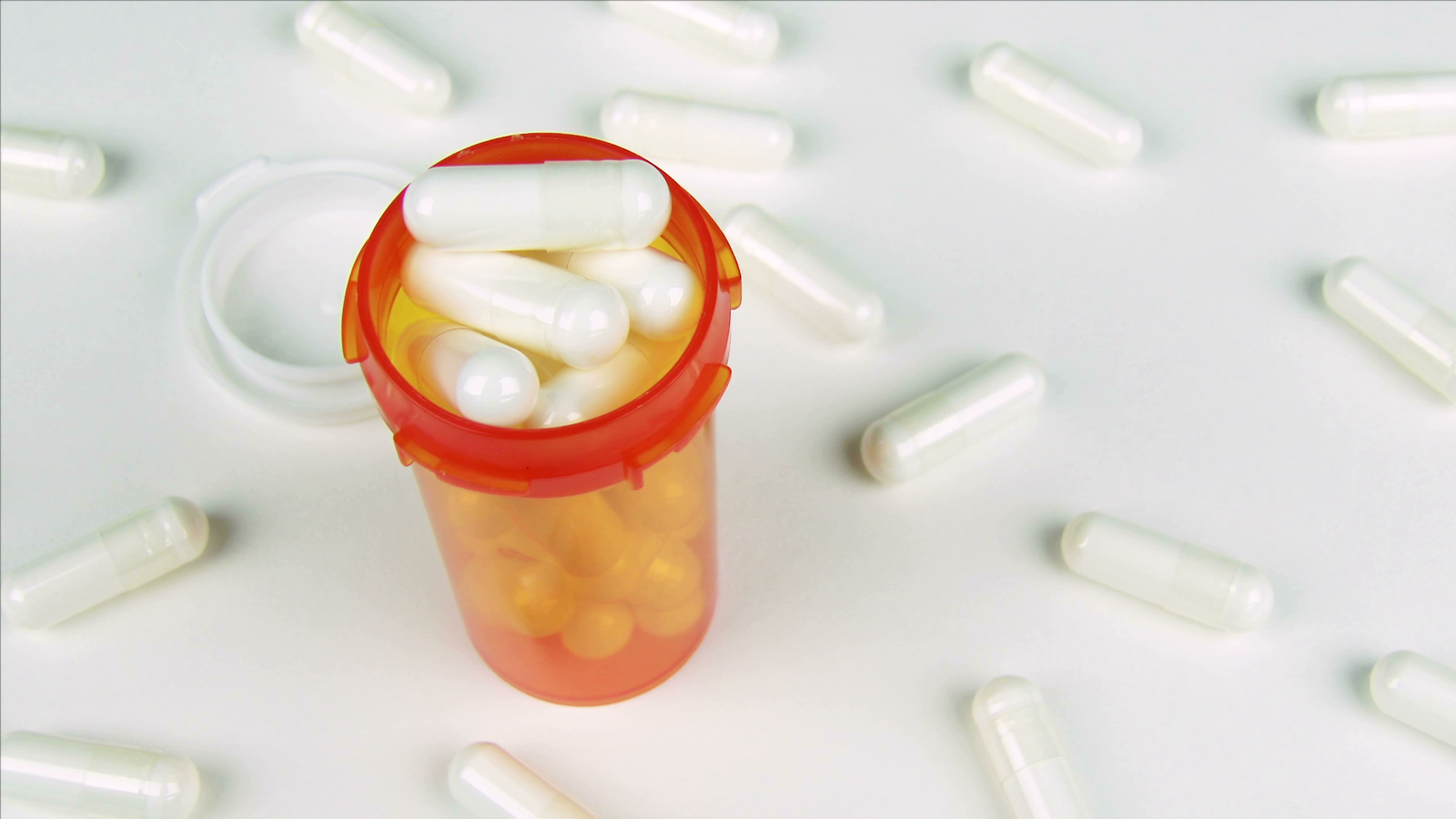- Doxycycline is an antibiotic used to treat some bacterial sexually transmitted infections (STIs)
- Some people take the antibiotic to prevent STIs after a potential exposure; this is called doxyPEP
- A U.S. study projected that prescribing doxyPEP based on STI history would reduce infections
Well-designed clinical trials have found that the use of the antibiotic doxycycline taken after sex can significantly reduce the risk of developing common bacterial sexually transmitted infections (STIs) such as chlamydia, gonorrhea and syphilis.
One study in France enrolled 232 gay, bisexual and other men who have sex with men (gbMSM). Participants were also using HIV pre-exposure prophylaxis (PrEP). Researchers found that participants who took doxycycline, 200 mg within 24 hours after condomless sex, were significantly less likely to develop chlamydia (70%) and syphilis (73%). There was no impact on gonorrhea because in France the bacteria that cause gonorrhea typically have developed the ability to resist doxycycline and related antibiotics.
A clinical trial in the U.S. studied the use of doxycycline, 200 mg taken within 72 hours after condomless sex, in people with HIV and people without HIV. Participants consisted of 174 people with HIV and 327 people without HIV. All HIV-negative participants were taking PrEP. People enrolled in this study were gbMSM and transgender women. Doxycycline was found to greatly reduce the risk for syphilis, chlamydia and gonorrhea by about two-thirds.
In both the French and U.S. studies, use of doxycycline was found to be safe and participants were highly motivated and adherent to using it. In the U.S. study, which was larger and more recent, people took doxycycline an average of three to four times a month.
Based on these and other studies, it is likely that more doctors and health authorities will recommend the use of doxycycline after sexual exposure in the future, particularly for gbMSM and transgender women. The use of doxycycline after sex to reduce the risk of STIs is called post-exposure prophylaxis (PEP) or doxy PEP.
In Boston
A team of researchers at a large sexual health clinic in Boston reviewed information from more than 10,000 people about STI incidence and treatment. The researchers used this information to develop models (simulations) that could mimic what might happen in the real world if doxyPEP was prescribed on a large scale. The researchers developed different scenarios to explore how best to use doxyPEP—to maximize its effect on STI risk reduction and minimize exposure to doxycycline.
The researchers developed 10 different scenarios. However, they found that prescribing doxyPEP (for future use) to people who were currently diagnosed with an STI or people who had a history of repeated STIs could help focus the use of doxycycline and prevent “a substantial proportion” of STIs. They recommended that it was best to base the use of doxyPEP on a person’s “STI history rather than HIV status or PrEP use.” Specifically, the researchers stated: “Our results suggest that clinical guidelines that incorporate one or more STI diagnoses in the past 12 months may offer an efficient and straightforward strategy for prescribing doxyPEP, especially for populations experiencing high rates of STIs.”
Although doxycycline is safe, there are concerns that if its use becomes widespread, it is plausible that some bacteria could become resistant to doxycycline and, in theory, could concentrate in individuals and communities. So far, there is no evidence that chlamydia and syphilis-causing bacteria are developing resistance to doxycycline in North America.
A benefit for society
The researchers state that prescribing doxyPEP—which is used after sex—has such a strong effect on reducing the risk for developing key STIs that it could ultimately reduce the use of antibiotics by sexually active people since they would be developing fewer cases of chlamydia, gonorrhea and syphilis and therefore would not need treatment. The researchers cautioned that the benefits of doxyPEP may be more limited in countries and regions where STIs have developed resistance to doxycycline. For instance, in parts of Europe it is estimated that between 60% and 70% of cases of gonorrhea are resistant to doxycycline.
Most of the data used for the modelling study in Boston were from one large clinic that specializes in providing care to sexual minorities, many of whom were White. This reflects the population accessing STI testing and treatment at the clinic. As a result, the model may not reflect the reality of other populations. The researchers did not include cisgender women in their analysis because they stated that “a recent trial of doxyPEP [in this population] did not find a reduction in STIs”; further work is needed to understand the potential role of doxyPEP for cisgender women.
Bear in mind
The research from Boston is just a model. However, it is useful for policy makers and doctors to consider when reviewing and formulating guidelines about how doxyPEP might be deployed to reduce new cases of STIs. It is likely that there will be studies of the deployment of doxyPEP in communities in the future to better understand its long-term impact.
—Sean R. Hosein
Resources
Sexually transmitted and blood-borne infections: Guides for health professionals – Public Health Agency of Canada
Guidelines for the Use of Doxycycline Post-Exposure Prophylaxis for Bacterial STI Prevention – U.S. Centers for Disease Control and Prevention (CDC)
Post-exposure doxycycline helps reduce the risk for some sexually transmitted infections – TreatmentUpdate 249
Sexually transmitted infection testing interventions: community and service provider preferences – CATIE
REFERENCES:
- Traeger MW, Mayer KH, Krakower DS, et al. Potential impact of doxycycline post-exposure prophylaxis prescribing strategies on incidence of bacterial sexually transmitted infections. Clinical Infectious Diseases. 2023; in press.
- Stewart J, Bukusi E, Sesay FA, et al. Doxycycline postexposure prophylaxis for prevention of STIs among cisgender women. In: Program and Abstracts of the 30th Conference on Retroviruses and Opportunistic Infections; Seattle, Washington, 19-22 February 2023. Abstract 121.
- Marrazzo J. Doxycycline Postexposure Prophylaxis for STIs in Women - Uncertain Benefit, Urgent Need. New England Journal of Medicine. 2023 Dec 21;389(25):2389-2390.

